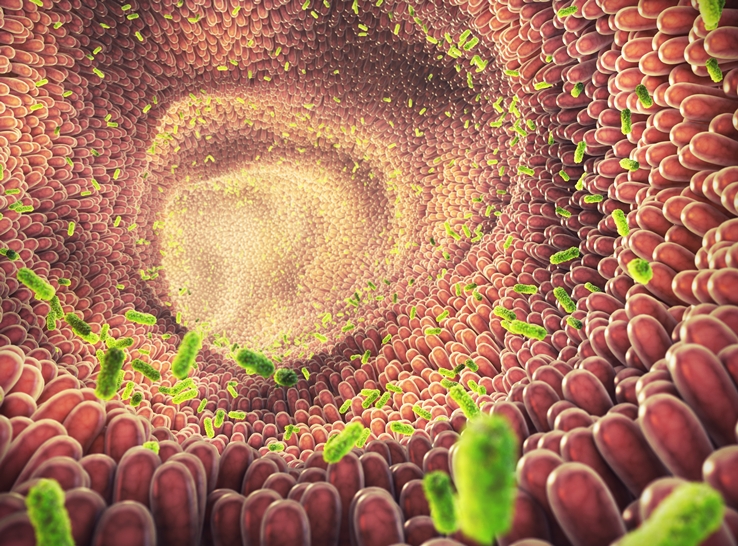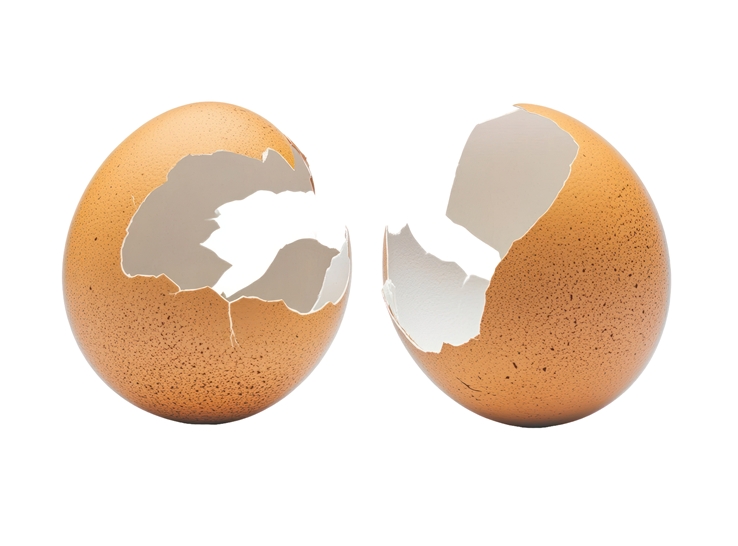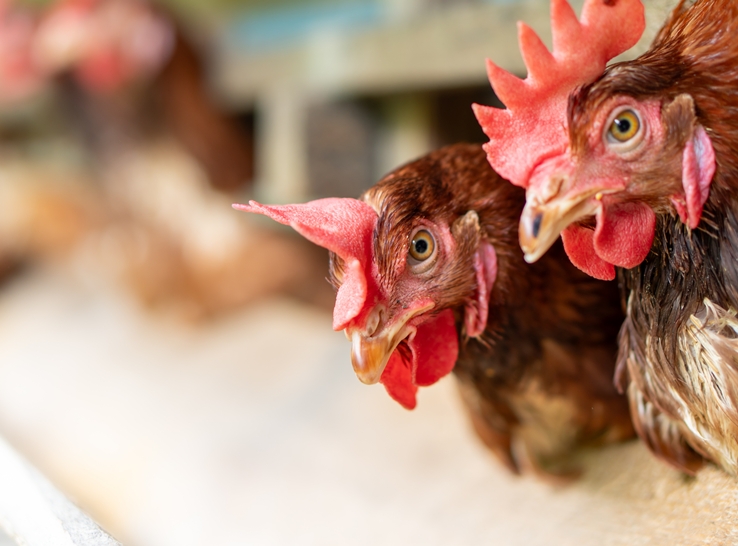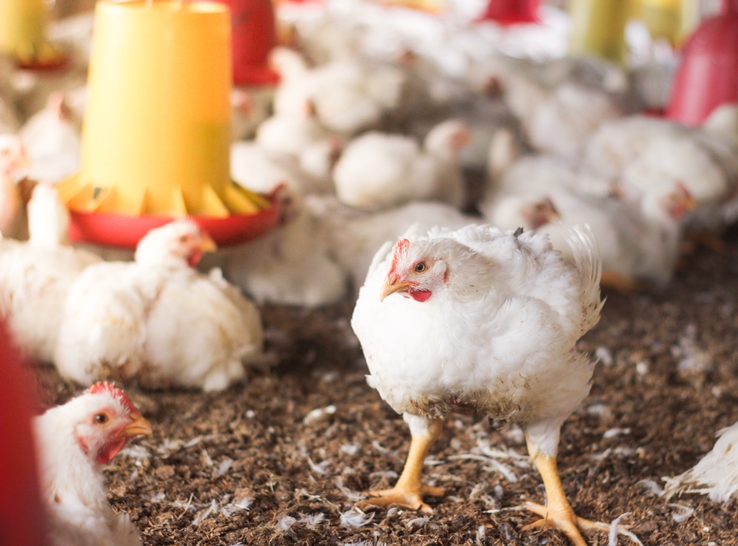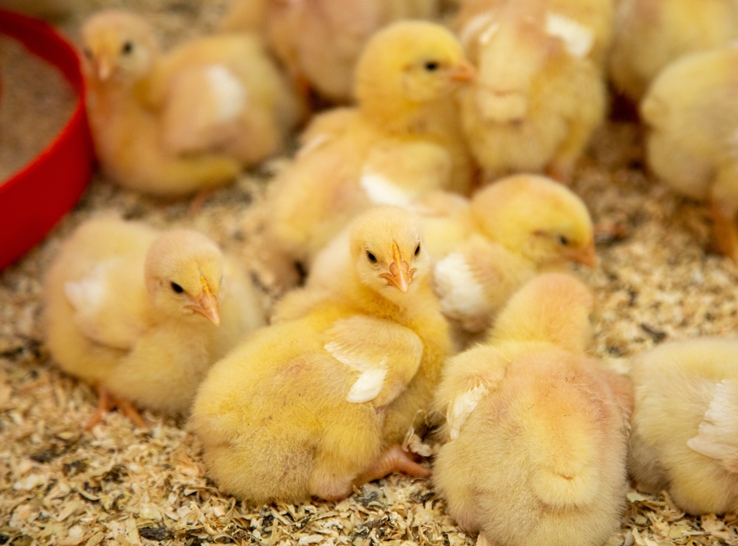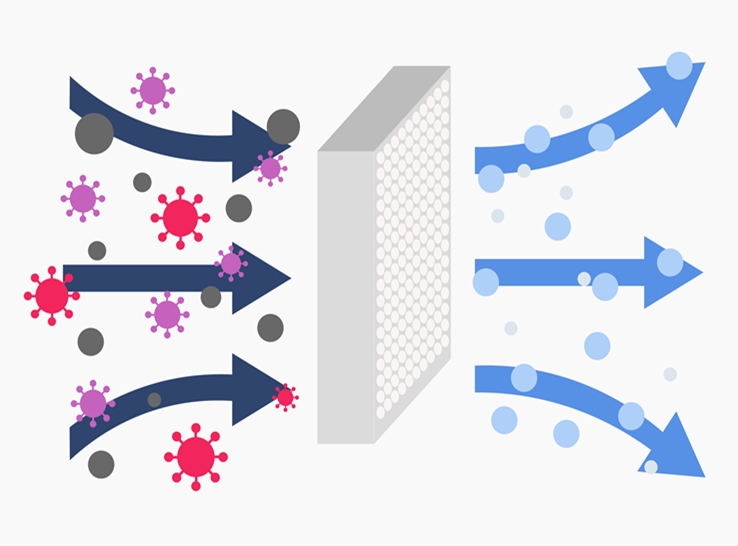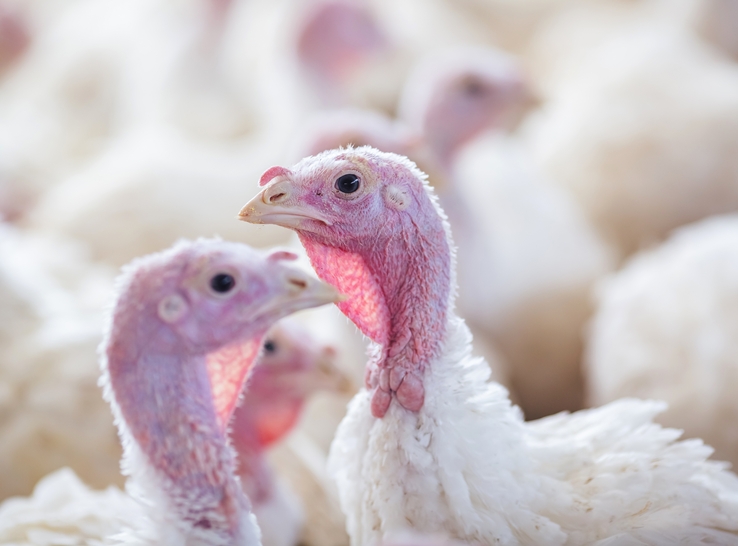2 for 2: Modern Poultry marks 2nd anniversary with Top 2 articles for each year
This week Modern Poultry marks its second year of publishing practical, science-based editorial content focused solely on live production. “To commemorate our second anniversary, we’re featuring the two most popular articles from each of our first 2 years,” said Carly Feeks, founder and publisher.

